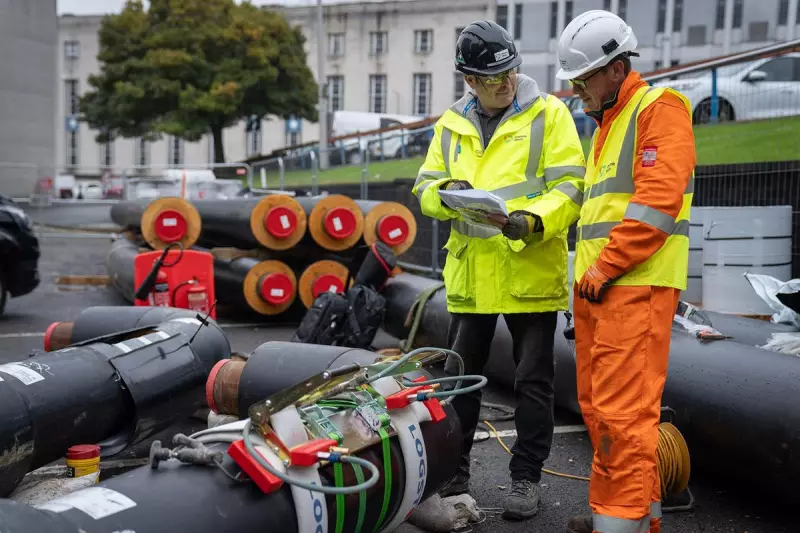
In a groundbreaking move that could transform how the NHS copes with climate change, Milton Keynes University Hospital has become the first in the UK to install a revolutionary cooling system designed to protect patients and staff from deadly heatwaves.
The pioneering technology, which uses water from a nearby lake to naturally cool the hospital, comes as healthcare facilities nationwide grapple with the increasing threat of extreme temperatures. Last year's record-breaking heat caused significant operational challenges across the NHS, with some hospitals forced to cancel procedures and others struggling to maintain safe indoor temperatures.
A Natural Solution to an Urgent Problem
The innovative system works by pumping water from the adjacent Silbury Boulevard lake through heat exchangers, providing sustainable cooling without the massive energy consumption of traditional air conditioning. This approach not only reduces the hospital's carbon footprint but also offers substantial cost savings at a time when NHS budgets are stretched to their limits.
"We're facing a new reality where summer temperatures are becoming dangerous for vulnerable patients," explained hospital director Joe Harrison. "This system represents a crucial step in future-proofing our healthcare infrastructure against the escalating climate crisis."
Why This Breakthrough Matters
The timing couldn't be more critical. Recent research shows that UK hospitals are dangerously unprepared for rising temperatures, with many older buildings becoming potential death traps during heatwaves. Elderly patients, those with respiratory conditions, and newborn babies are particularly at risk when indoor temperatures soar.
What makes the Milton Keynes solution particularly innovative is its dual benefit: while protecting patients today, it also addresses the NHS's ambitious net-zero targets by 2040. The system reduces the hospital's reliance on fossil fuels and demonstrates how healthcare can lead in environmental sustainability.
The Bigger Picture for UK Healthcare
This development comes as the government faces increasing pressure to upgrade NHS infrastructure to withstand climate impacts. With meteorologists predicting more frequent and intense heatwaves, the success of Milton Keynes' system could provide a blueprint for hospitals across the country.
Other NHS trusts are already showing interest in adopting similar technology, recognising that the £2.3 million investment could prevent far greater costs associated with heat-related treatment delays and emergency admissions during extreme weather events.
As climate change continues to reshape our environment, initiatives like this demonstrate how forward-thinking institutions are turning environmental challenges into opportunities for innovation that saves both lives and money.





